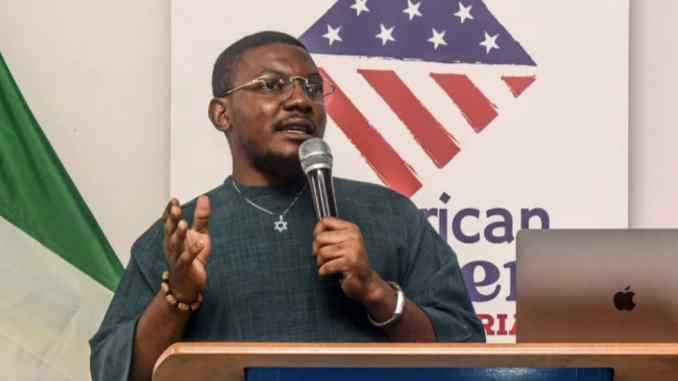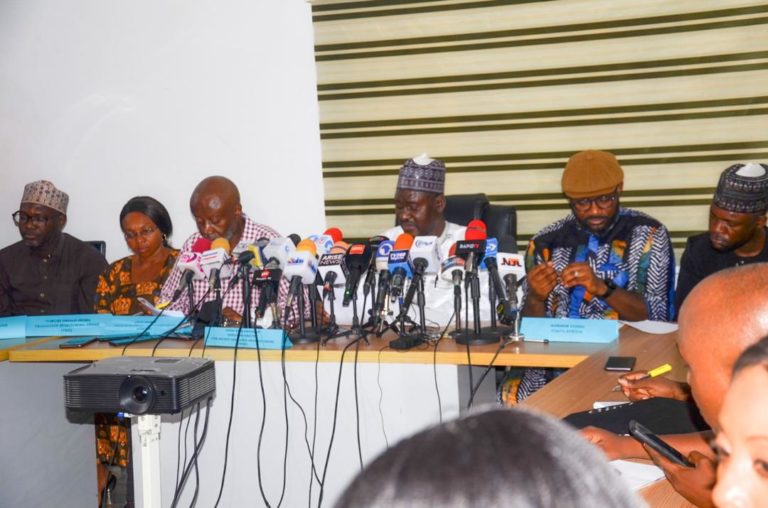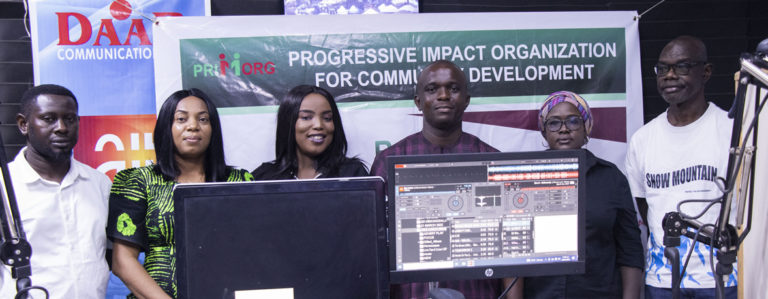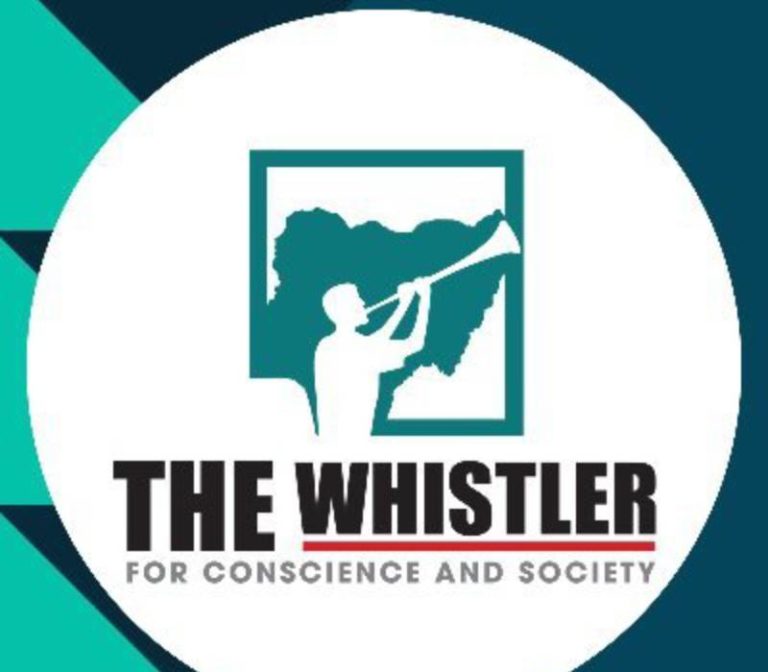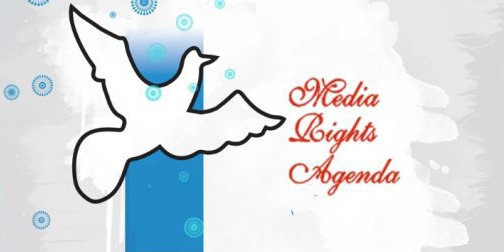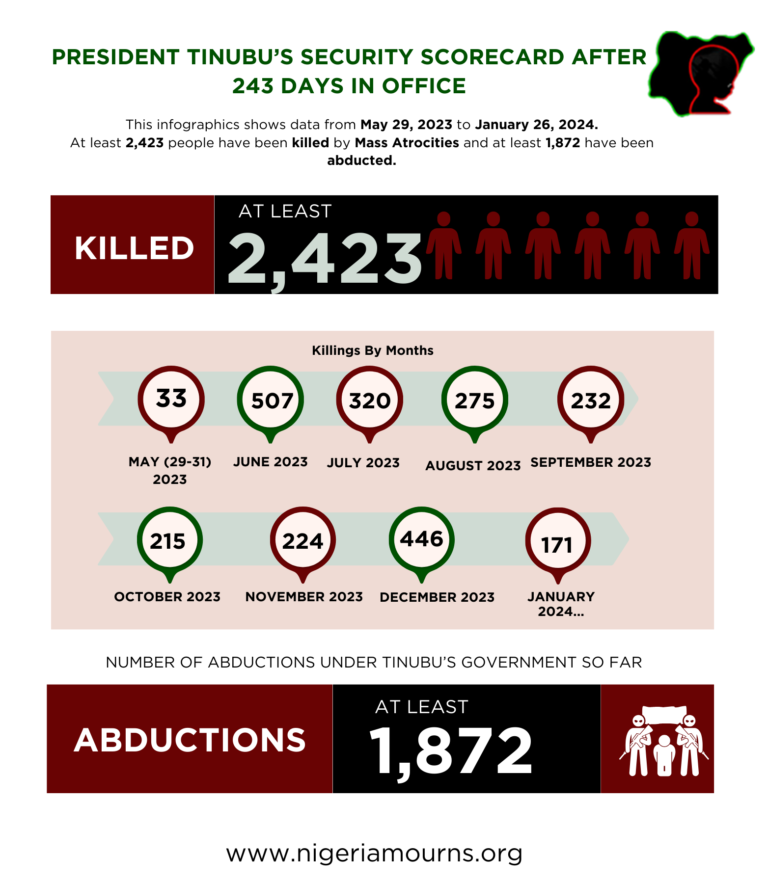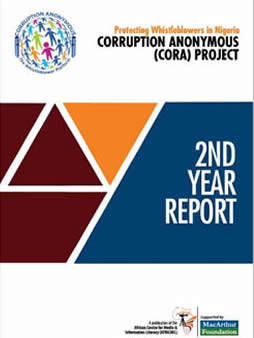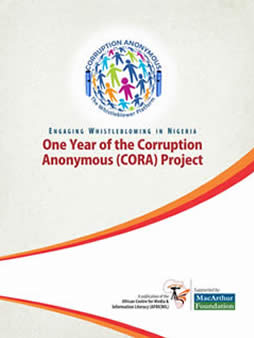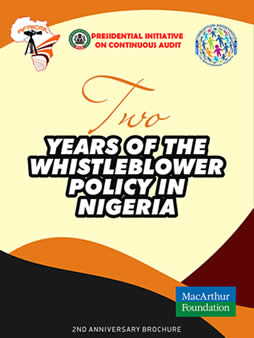By M. K. Dikwa
It gives me great pleasure to welcome you all to this seminar. I believe we are going to have a productive time, which will benefit everyone present and educate us on the objectives and importance of the Whistleblower Policy of the Federal Government of Nigeria.
This event is pivotal as it comes at a time when the Whistleblower Protection Bill was just passed by the National Assembly and when we are faced with increasing requests for what the policy is all about.
The Whistleblower Policy Framework
Since the introduction of the Whistleblower policy in November 2016, we have received numerous enquiries and questions such as:
i. Is there comprehensive and clear legislation in place to protect from retaliation, discriminatory or disciplinary action, employees who disclose in good faith and on reasonable grounds, suspected acts of wrongdoing or corruption to competent authorities?
ii. Are there effective institutional frameworks and clear procedures and channels in place for facilitating the reporting of wrongdoing and corruption?
iii. Are protected disclosures and persons afforded protection clearly defined?
iv. Are retaliatory actions clearly defined and the protection afforded robust and comprehensive? and
v. Are remedies and sanctions for retaliation clearly outlined?
These and other related questions have been asked, and the Federal Government has continued to proffer adequate answers to all of them.
Translating whistleblower protection into legislation legitimizes and structures the mechanisms under which whistleblowers can disclose wrongdoings in the public and private sectors and protects them against reprisals. If adequately implemented, legislation protecting whistleblowers can become one of the most effective tools to support anti-corruption initiatives, and detect and combat corrupt acts, fraud and mismanagement.
The absence of appropriate legislation impedes the fight against corruption and exposes whistleblowers to risks of retaliation. With the recent passing of the Whistleblower bill by the National Assembly, we hope to give adequate legal backing to prospective whistleblowers.
Australia, Canada, Ghana, Japan, Korea, New Zealand, Romania, South Africa, the United Kingdom, and the United States are among the countries that have passed comprehensive and dedicated legislation to protect public sector whistleblowers specifically.
Coming back home, whistleblower protection mechanisms in Nigeria include multiple channels by which protected disclosures can be made. These include through Mobile Telephone (SMS), Electronic Mail ([email protected]), Web-Portal (www.whistle.finance.gov.ng), physical disclosures and submission of hard copies to a designated unit. Moreover, to encourage whistleblowing, a rewards system, including monetary rewards, is included as part of the whistleblower protection mechanism.
It is also essential to state that once the wrongdoing or corruption is reported, appropriate investigation is carried out and the whistleblower is able to effectively follow-up on his/her report. Procedures to take up the report and investigate it are clearly stated in the Whistleblower terms of Reference and Implementation framework and a response is provided to the whistleblower fortnightly. It has been noticed that the lack of trust in the ability or willingness of the authorities to investigate the report is one of the biggest deterrents to reporting wrongdoings in the Public Service.
A clear definition of the scope of disclosures that are afforded protection is clearly provided in order to ensure legal certainty and clarity to potential whistleblowers. The acts that constitute violations include funds mismanagement, abuse of authority, dangers to the public health or safety, or corrupt acts, a violation of law, rule, or regulation; gross mismanagement; a gross waste of funds; an abuse of authority; a substantial and specific danger to public health or safety; or types of wrongdoing that fall under the term “corruption”, as defined under domestic and international laws.
The scope of coverage of protected persons covered under the Federal Government Whistleblower policy is broad in order to cover all persons that may potentially come to know of acts that may be disclosed. In addition to public servants and permanent employees, coverage also includes consultants, contractors, temporary employees, former employees and volunteers. A more expansive approach also extends protection to a wider range of persons, including job applicants, the unemployed, persons who have been blacklisted and family members.
Distinguished ladies and gentlemen, retaliation for whistleblowing usually presents itself in the form of disciplinary actions or harassment in the workplace. Therefore, broad protection of the whistleblower’s employment status is provided, including against unfair dismissal, direct and indirect disciplinary action, discrimination particularly with regard to remuneration, training, assignments, professional promotion, transfer or contract renewal. In addition, a mechanism that provides anonymity or confidentiality to the whistleblower while also ensuring robust protection and sanctions for disclosing the identity of the whistleblower is included in the policy so as to strengthen such protection.
A clear procedure and effective channels for reporting retaliation against whistleblowers is also included in the Whistleblower framework. Experience has shown that the establishment of specific independent bodies with the legal capacity to receive complaints related to retaliation against whistleblowers, to investigate these complaints and to provide remedies has proved effective. The Federal Government will soon put in place such units so as to ensure clear channels for reporting retaliation (internal and external to the organisation).
Conclusions
In conclusion, distinguish ladies and gentlemen, meaningful development requires huge investments in human capital, rural-urban integration; reduction in poverty, creating jobs and wealth as well as provision of healthcare and other developmental activities.
As the Federal Government continues to improve on the policies and wellbeing of the populace, the whistleblower policy serves as one of the mechanisms put in place to ensure the recovery of our commonwealth. It is now left for us as reform drivers with right needed political will from the top, to steer the ship in the right direction and thus requires a great deal of perseverance, commitment, dedication and discipline on our side to enable solutions that will be beneficial to our country.
Finally let me thank immensely the organizers for their relentless effort in putting together this worthwhile event.
I thank you all.
Dr. M. K. Dikwa, mni, is Director (Special Projects) – Office of the Honourable Minister of Finance (OHMF) and Secretary, Presidential Initiative on Continuous Audit (PICA). He delivered this speech at the zonal townhall meeting on whistleblowing and the fight against corruption in Nigeria, organized by the African Centre for Media & Information Literacy (AFRICMIL) at Sa’adu Zungur Auditorium, Mambayya House, Gwammaja, Kano, on Tuesday, February 20, 2018.


